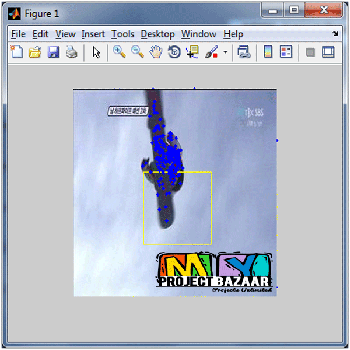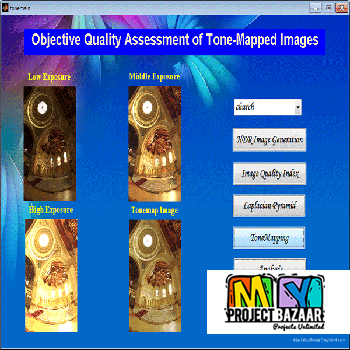Learning Discriminative Binary Codes for Large-scale Cross-modal Retrieval
Product Description
Learning Discriminative Binary Codes for Large-scale Cross-modal Retrieval
Abstract– Hashing based methods have attracted considerable attention for efficient cross-modal retrieval on large-scale multimedia data. The core problem of cross-modal hashing is how to learn compact binary codes that construct the underlying correlations between heterogeneous features from different modalities. A majority of recent approaches aim at learning hash functions to preserve the pairwise similarities defined by given class labels. However, these methods fail to explicitly explore the discriminative property of class labels during hash function learning. In addition, they usually discard the discrete constraints imposed on the to-be-learned binary codes, and compromise to solve a relaxed problem with quantization to obtain the approximate binary solution. Therefore, the binary codes generated by these methods are suboptimal and less discriminative to different classes. To overcome these drawbacks, we propose a novel cross-modal hashing method, termed discrete cross-modal hashing (DCH), which directly learns discriminative binary codes while retaining the discrete constraints. Specifically, DCH learns modality-specific hash functions for generating unified binary codes, and these binary codes are viewed as representative features for discriminative classification with class labels. An effective discrete optimization algorithm is developed for DCH to jointly learn the modality-specific hash function and the unified binary codes. Extensive experiments on three benchmark data sets highlight the superiority of DCH under various cross-modal
scenarios and show its state-of-the-art performance..
Including Packages
Our Specialization
Support Service
Statistical Report

satisfied customers
3,589
Freelance projects
983
sales on Site
11,021
developers
175+Additional Information
| Domains | |
|---|---|
| Programming Language |

















